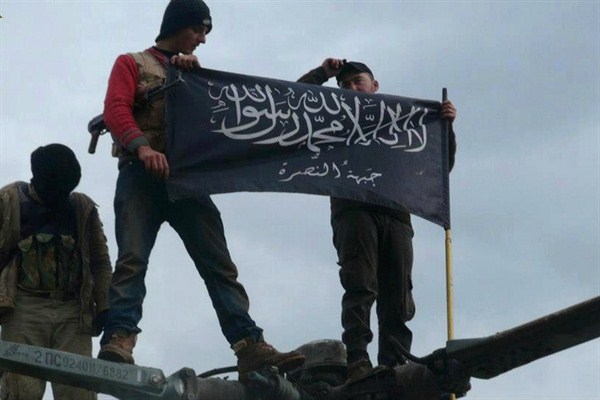Iraqi and Kurdish forces, with backing from the U.S., have launched the most important battle yet against the self-described Islamic State, seeking to retake Mosul, Iraq’s second-largest city and the Islamic State’s last, most crucial stronghold in Iraq. The campaign marks a turning point in efforts to defeat the terrorist group, which has now lost as much as 90 percent of the territory it held at the height of its power.
Unfortunately, the continuing victories against the Islamic State also provide an opening for its principal rival, al-Qaida, to revive its brand. Al-Qaida, the group responsible for 9/11 and other devastating terrorist attacks against targets across the world, is already showing signs of strengthening, as the Islamic State loses its once-mythic aura of invincibility.
The Islamic State, as is well known, emerged from a rift within al-Qaida. In the early years of the American occupation of Iraq, the then-head of al-Qaida’s Iraqi branch, Abu Musab al-Zarqawi, repeatedly angered his al-Qaida bosses with his brutal violence. Even the leaders of the world’s foremost terrorist organization viewed his actions, such as decapitating his victims in broad daylight in busy Iraqi streets, as excessively violent.

